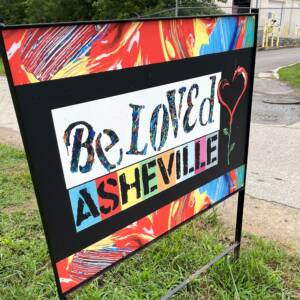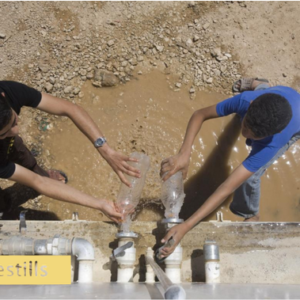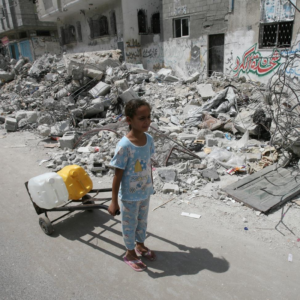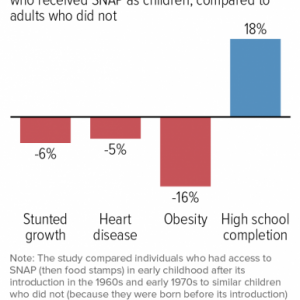
New Seed Survey Report Highlights Privatization Concerns
The U.S. Food Sovereignty Alliance today released A Preliminary Report on Seeds and Seeds Practices across the US in celebration of La Via Campesina’s International Day of Farmers’ Struggles in Defense of Peasants’ and Farmers’ Seeds – April 17.
The report is based on surveys of seed savers and seed advocates from around the United States. It documents who saves seeds, as well as why, where and which ones. Responses reveal that many growers save and share seeds to produce healthy food, preserve their cultural heritage, and to defy efforts by transnational agribusinesses to privately patent and monopolize control of seeds.
The report is especially pertinent during 2014, the International Year of Family Farming, as designated by the Food and Agriculture Organization of the United Nations.
Based on the surveys and the Call to Action of the US Food Sovereignty Alliance, the report provides individual, community, national and international action recommendations aimed at defending seeds from privatization and preserving them for the common good.
As a member of the U.S. Food Sovereignty Alliance, the Presbyterian Hunger Program, a ministry of the Presbyterian Church (U.S.A.), joins in presenting this report in solidarity with La Via Campesina in its global efforts to defend food and seed sovereignty. The report is available to read at usfoodsovereigntyalliance.org and on our website at pcusa.org/food.
________
For more information:
Andrew Kang Bartlett, Presbyterian Hunger Program, PC(USA) – 502.569.5388
Devika Ghai, Pesticide Action Network North America – 415.728.0169
Lisa Griffith, National Family Farm Coalition – 773.319.583
Charity Hicks, East Michigan Environmental Action Council – 313.725.0554
Sara Mersha, Grassroots International – 617.524.1400
Read more »
 Supporting our community members in need Hosting a donation drive? Check out this list of useful items from our partners at BeLoved Asheville. For friends who are unhoused: Socks Blankets Sleeping bags Tents Backpacks Flashlights and batteries Wipes (Baby wipes and/or cleaning wipes) Vitamin C and D Over the counter meds or first aid supplies… Read more »
Supporting our community members in need Hosting a donation drive? Check out this list of useful items from our partners at BeLoved Asheville. For friends who are unhoused: Socks Blankets Sleeping bags Tents Backpacks Flashlights and batteries Wipes (Baby wipes and/or cleaning wipes) Vitamin C and D Over the counter meds or first aid supplies… Read more »
 Supporting our community members in need Hosting a donation drive? Check out this list of useful items from our partners at BeLoved Asheville. For friends who are unhoused: Socks Blankets Sleeping bags Tents Backpacks Flashlights and batteries Wipes (Baby wipes and/or cleaning wipes) Vitamin C and D Over the counter meds or first aid supplies… Read more »
Supporting our community members in need Hosting a donation drive? Check out this list of useful items from our partners at BeLoved Asheville. For friends who are unhoused: Socks Blankets Sleeping bags Tents Backpacks Flashlights and batteries Wipes (Baby wipes and/or cleaning wipes) Vitamin C and D Over the counter meds or first aid supplies… Read more »
 Water for life and death – scarce water for thirsty Palestinians sustains life, while seawater destroys By Andrew Kang Bartlett, associate for national hunger concerns The Bible has a surprisingly large number of references to water. One concordance had 300 water references. From Noah’s Ark and the destructive flood to Isaiah’s well-watered garden and an…
Water for life and death – scarce water for thirsty Palestinians sustains life, while seawater destroys By Andrew Kang Bartlett, associate for national hunger concerns The Bible has a surprisingly large number of references to water. One concordance had 300 water references. From Noah’s Ark and the destructive flood to Isaiah’s well-watered garden and an…  Starvation used as a weapon of war in Gaza By Andrew Kang Bartlett ‘How does God’s love abide in anyone who has the world’s goods and sees a sibling in need and yet refuses help? Little children, let us love, not in word or speech, but in truth and action.’ — 1 John 3:17-18 In…
Starvation used as a weapon of war in Gaza By Andrew Kang Bartlett ‘How does God’s love abide in anyone who has the world’s goods and sees a sibling in need and yet refuses help? Little children, let us love, not in word or speech, but in truth and action.’ — 1 John 3:17-18 In…  The Senate is expected to vote on a regressive tax bill next week, and your voice advocating for a moral and compassionate budget is critical! For Presbyterians, the message is biblical and simple. Urge your Senators to say “no” on the Tax Cuts and Jobs Act, because it will make hunger and poverty worse and will further deepen…
The Senate is expected to vote on a regressive tax bill next week, and your voice advocating for a moral and compassionate budget is critical! For Presbyterians, the message is biblical and simple. Urge your Senators to say “no” on the Tax Cuts and Jobs Act, because it will make hunger and poverty worse and will further deepen…  Intern Profile | Kaley Necessary
Intern Profile | Kaley Necessary Intern Profile | Esther Honegger
Intern Profile | Esther Honegger

